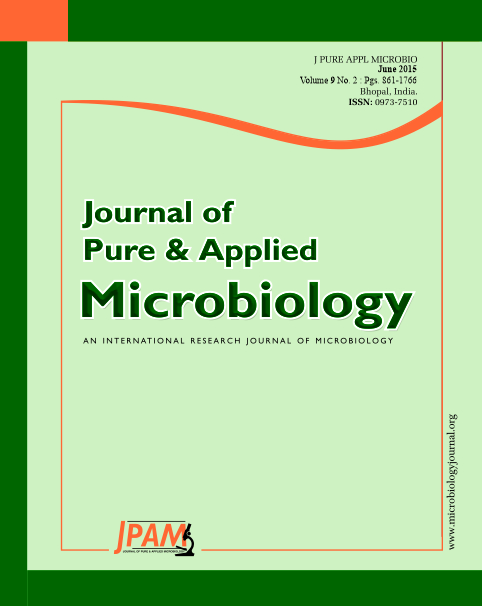Licentious and repeatedly deliberate release of plastics (Polyethylene terephthalate) is responsible for growing environmental pollution. In this study, Penicillium sp., has been isolated from PET (Polyethylene terephthalate) waste and its potential to degrade PET under laboratory conditions have been evaluated through electron microscopic studies. The observation of the present investigation reveal that Penicillium sp. were able to successfully colonies PET flakes surface and induce micromorphological changes like formation of multi-layered dense network of hyphae, ducking, surface corrosion and crystals which was evident in the SEM images.
Nitric Acid, PET, Biodegradation, Penicillium sp
© The Author(s) 2015. Open Access. This article is distributed under the terms of the Creative Commons Attribution 4.0 International License which permits unrestricted use, sharing, distribution, and reproduction in any medium, provided you give appropriate credit to the original author(s) and the source, provide a link to the Creative Commons license, and indicate if changes were made.


